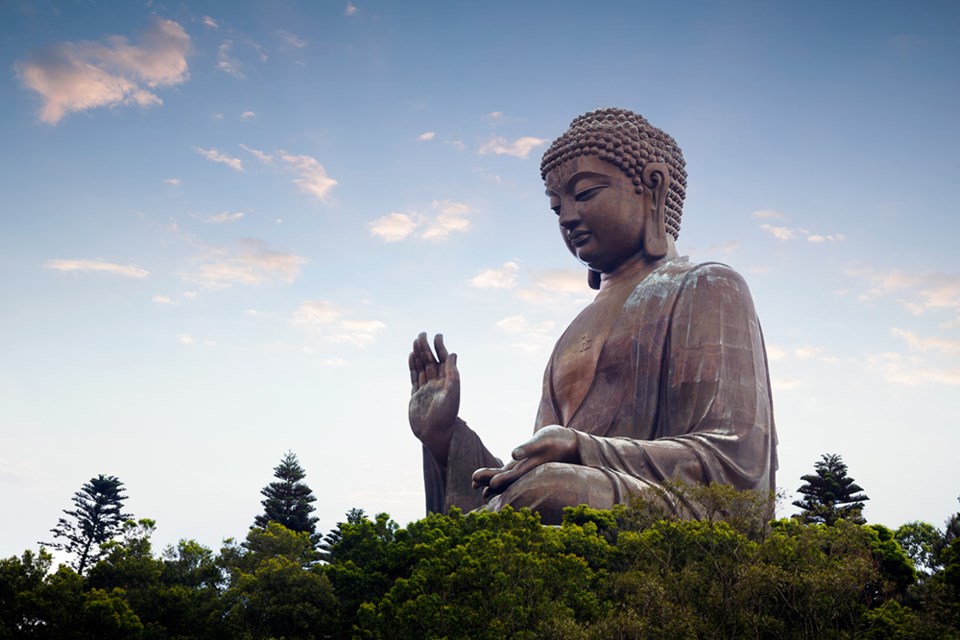Although we ended the holiday season on a high with great hopes for the new year, the reality is that by the end of this month many of us will be feeling less than optimistic about life and maybe even depressed.
The third Monday of January is called “Blue Monday,” supposedly the most depressing day of the year. This notion was actually developed as part of a promotional campaign for a travel agent in the UK, and like all good public relations, there is an element of truth to it.
In one of my previous articles [Clock ticks on making vitamin D3,], I talked about the importance of sunlight to support the immune system and vitamin D3 synthesis, particularly for preventing adverse outcomes to respiratory viral infections. Another important element, however, is in supporting the nervous system, preventing conditions such as Alzheimer’s and Parkinson’s disease, as well as playing a crucial role in depression. A lack of sunlight is definitely correlated with seasonal depression, and much of this relates to dramatically reduced vitamin D3 synthesis in the skin.
Even with adequate vitamin D3 synthesis (from using vitamin D3 lamps or travelling south), for many of us depression remains a lingering issue even in sunny weather.
In medicine we distinguish a difference between primary and secondary depression (technically called affective disorder). Thus, it’s always important to review if depression is caused by another health issue, such as hypothyroidism or digestive issues (including dysbiosis), from situations such as physical trauma or childbirth, or is perhaps caused by other nutrient deficiencies (e.g. retinol, B vitamins, ascorbate, Fe, Cu, K, Se, Zn, protein, essential fatty acids).
Primary depression is a psychological issue that has no apparent cause, even if it can be influenced or exacerbated by secondary factors.
While primary depression could thus be viewed as something of a mystery, in reality it is a normal and somewhat natural component of life. While we all want to be happy, the reality is that much of our life experience is anything but. Even and perhaps especially when we are surrounded by abundance, we can feel depressed, that life has no real meaning or purpose.
Consider the historical Buddha, who left behind wealth, privilege and family to address what can be described as a deep existential depression.
Even given its inherent presence in life, there are things we can do to shift our feelings and perception.
Last fall I gave a talk on the medicinal use of magic mushrooms, something I have used in my clinical practice for more than 10 years, explaining how they can be very helpful in addressing certain types of depression. As a microdose, it gently tweaks the serotonin and dopamine systems of the brain, whereas in large (macro) doses, it can bring about a spiritual epiphany that sheds light into our personal suffering.
It’s just one tool among many, however, that I use to address depression. Ultimately, the path from depression to inspiration is rooted in self-knowledge and resiliency.
Todd Caldecott is a medical herbalist and Ayurveda practitioner based in the qathet region, and can be reached through the Dogwood School of Botanical Medicine website (dogwoodbotanical.com) or by email at [email protected].
Join the Peak's email list for the top headlines right in your inbox Monday to Friday.



